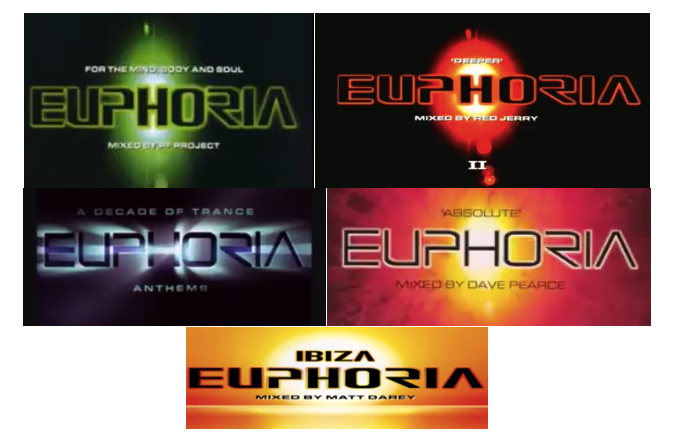It is only when I am with everyone, that I can be ecstatic (2021)
Texts
Essay on ecstasy written in January 2021:
It is only when I am ecstatic, outside of myself, that I can be with everyone, that I can float in a sense of potential.
The sentence, which I came across in an e-flux essay from October 2010 by the German author, music journalist and cultural critic, Diedrich Diederichsen, has stuck with me for a while now. I used to wholeheartedly agree: It was only when I was ecstatic and euphoric, that I could be with everyone. I could not be with everyone, when I wasn’t ecstatic or euphoric but instead subdued, self-conscious or anxious. In fact, my anxiety would get worse if I did spend time with people while not being heaven-jubilantly ecstatic and euphoric. The next day, I would question everything I had said and done, and, be annoyed at myself for being awkward, boring and a try-hard because everything had felt like a hard try. However, I have now learnt that I no longer want to be outside of myself. I want to rest firmly within myself, looking out with open eyes from the soft confines of this flesh from which I am looking at this screen and with which my fingers are typing these words.
While I no longer need to be ecstatic to be with other people, I still absolutely devour collective, ecstatic experiences. And I still devour being with everyone and floating in a sense of potential.
In January 2021, being with everyone like that has just not been possible. It had not been possible for almost a year then, specifically in countries like the UK, Germany and Italy. It was possible again where the virus had been contained, like in the Chinese city of Wuhan, where Coronavirus was said to have originated in winter 2019. News websites, such as Reuters, reported that “nightlife in Wuhan is back in full swing almost seven months after the city lifted its stringent lockdown and the city’s young partygoes (sic!) are embracing the catharsis”. The title of the article suggested that, after such a long period of standstill, party goers even had to re-learn how to party.
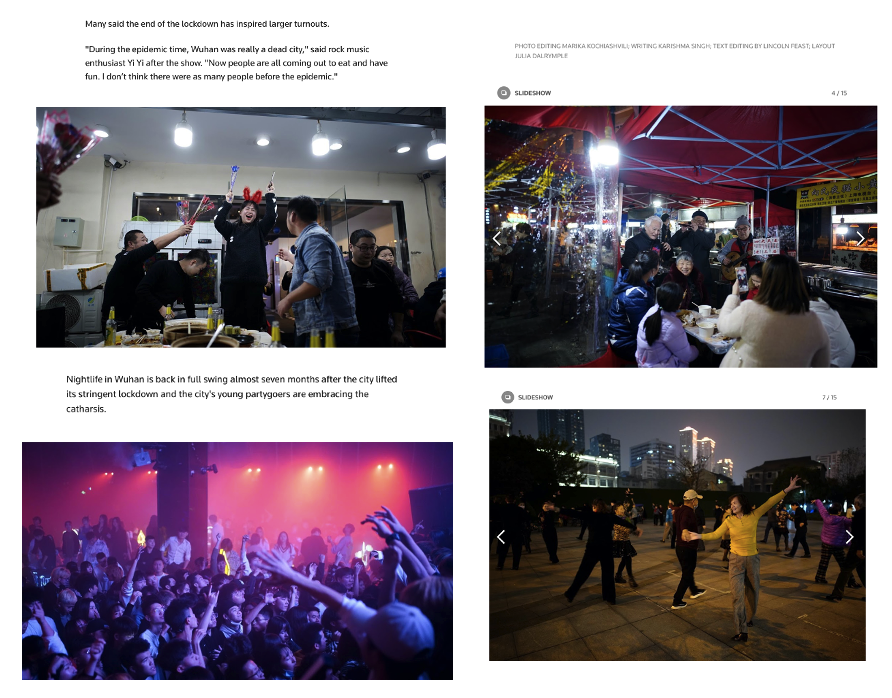
Whilst the freedom of dancing together in the streets, in clubs or in bars, had still been out of reach in most parts of Europe, it made me feel euphoric to think about a time when the Covid-19 vaccine was provided for everyone. I was feeling euphoric for the ecstasy that could yet again be unleashed when the virus was no longer keeping us apart and that could only flourish among groups of people.

Ecstasy is physics. And it’s physical. It is a height of emotions experienced in conjunction with other people, with jubilant and joyful bodies in friction. Originated from the Greek ek-“out” and stasis “a stand, or a standoff of forces”, it describes the state of being outside of oneself, while being one with those physically around one. It is when we are not self-conscious or hyper aware of ourselves and our surroundings, but are instead, feeling relaxed and at home. It is when I get to feel plural, not singular. Collective, not solitary. This dissolving of bodily borders through immersing in a group, allows us to transcend ourselves, if only for a little while. It’s the ancient quest for transcending the solitude that comes with being human; the loneliness of the singular body and the inevitability of death; the finiteness of the flesh that holds our sensory beings.

In 2020, I had been craving these moments of collective ecstasy, most acutely felt in concert, at gigs and on the dancefloor. I had been craving getting lost in enraptured masses, carried only by the collective experience of music. I had been craving being with everyone to be ecstatic and euphoric. In 2020, the sentence by Diedrich Diederichsen should have been:
It is only when I am with everyone, that I can be ecstatic.
I cannot as easily be ecstatic when I’m alone. I cannot transcend the confines of my body in an ecstatic way when I am sat on the sofa watching Netflix. I cannot be plural because I am singular. It needs the proximity of other bodies to dissolve one’s own. To merge with them. It needs a crowd. There are fine differences between ecstasy and escapism. One difference is that one can feel euphoric in a state of ecstasy. There is not always a sense of euphoria when escaping one’s body or the world around one through binge watching, scrolling on social media or playing video games. Rather than a heightened state of sensations and emotions, it can be a subdued and muted one in escapism. Rather than being outside of oneself in an exhilaratingly expressive and joyful way, it can be being outside of oneself in a detached and passive way. Or is it being buried in oneself without feeling connected to oneself, and, without feeling the joy of overcoming physical constraints and solitude by being in union with a group? Of course, the prerequisite for everyone feeling euphoric in groups is that people are considerate of each other and that spaces are accessible for all - not just the able-bodied who can move through the world more effortlessly. The complete immersion in a task that causes euphoric feelings can also be ecstatic - the point is just that we are not passively consuming, but are fully in the moment and not letting the attention thieves take over.

With Brexit still looming on the horizon, I was thinking about what the forming of the European Union brought music-wise. What music were people dancing to after the introduction of European citizenship and its ensuing freedom of movement? And what does the music genre that peaked in that time tell us about the state of potential and ecstasy then?
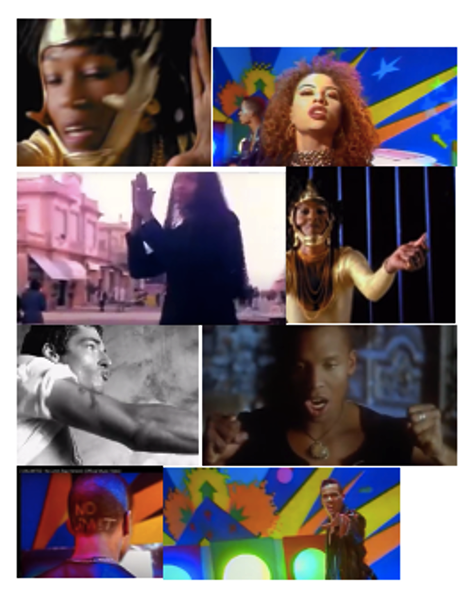
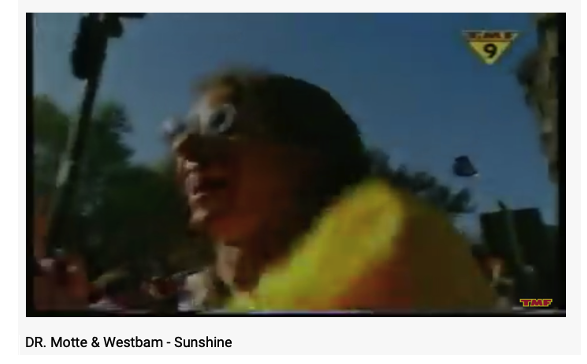
The music genre, Eurodance, certainly never left since its peak moment around 1998, especially not Berlin’s club scene, which is immutably influenced by new, raw styles from its Eastern European neighbours. However, it has noticeably popped up more in recent years, frequently mixed with Trance or a whole array of genres in one. In 2019, early rave culture was revisited in documentaries and exhibitions, such as “Sweet Harmony Rave / Today” at Saatchi Gallery in London, which prompted the British television writer and cultural critic, Phil Harrison, to ask in an article on The Guardian website: Why is 2019 so nostalgic for 80s rave? Drawing comparisons between our day and age and the late 80s and early 90s, he wrote that, after "years of fragmentation and polarisation mainly caused by new technologies, the joyful militancy of early rave felt poignant in 2019". However, he concluded that, our era was yet to produce this kind of unified response to political strife, forecasting a period of backlash against “this isolation and being in your own bubble”.
The article was published on 26 November 2019, only months before the global pandemic was declared. At the time of writing the article, Harrison couldn’t yet know that words like 'isolation' and 'bubble' would get a whole new meaning. Society in the Western parts of the world had then been living in Covid-isolation for almost 11 months. In some more relaxed stretches of the pandemic, people had been allowed to form a cohesive unit with no more than one other household, generating what was called a 'social bubble' or 'support bubble'. These bubbles increased close physical social interactions beyond one's own household, whilst still potentially limiting the risk of infection through the exclusivity of the bubble. What comes to mind in relation to the music genre, Eurodance, is how its most popular songs like 'No Limit' by the Dutch band 2 UNLIMITED, released in 1993, convey the absolute opposite to what was going on during the Covid years.
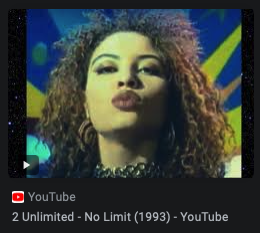
We knew that a unified public and euphoric response to any political strife was impossible in January 2021 due to Coronavirus. However, there were some unified responses to political strife when restrictions were less strict, such as the Black Lives Matter protests in the summer of 2020 in response to the killing of George Floyd by a police officer and the street parties in November in response to Trump being voted out of presidential office. These unified responses, which defended democratic values, could not be as euphoric as 90s raves might have been because they had to happen under the Coronavirus guidelines of wearing masks and staying 2/1.5m apart. Nevertheless, these moments evoke a yearning: for a unification in the streets, in public spaces, filled with life – without the isolation and the distance.
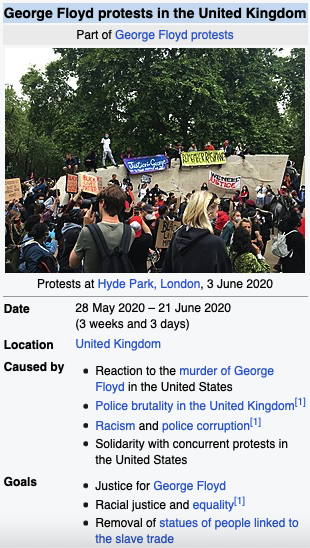
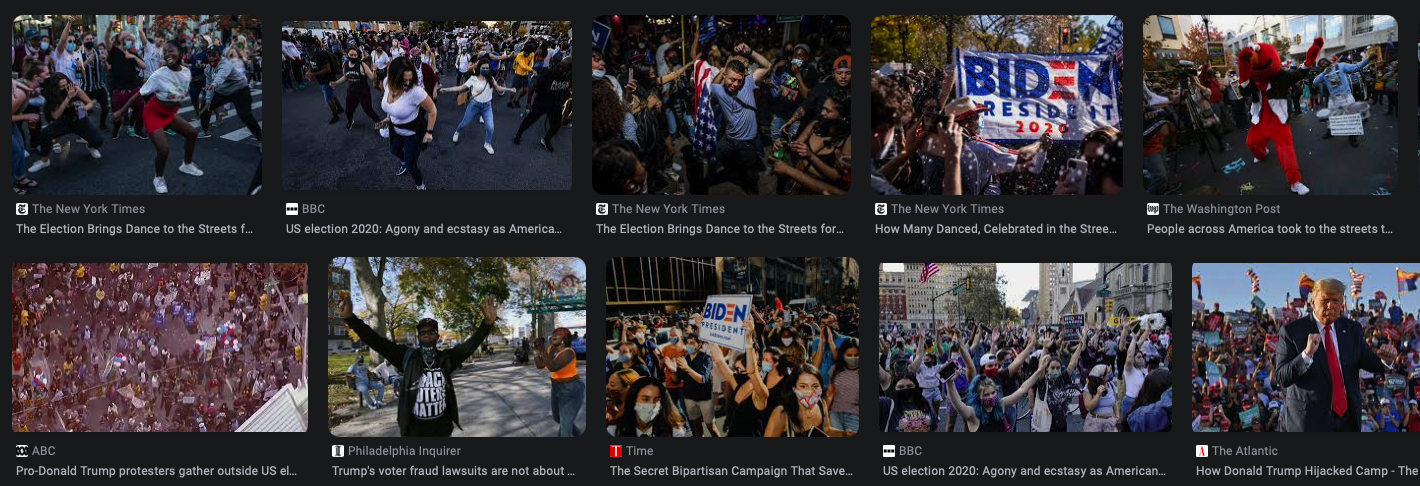
Another moment of unity, which is also marked by its link to Eurodance and Euphoria, was the one in Turin, Italy, where a DJ played Gigi D’Agostino’s “L’amour Toujours” (1999) from his balcony. Despite of the strict lockdown and the precarious situation in Italy, neighbours could have a moment of togetherness, if only from their balconies and windows, with Gigi’s “I’ll fly with you” in their ears. Whilst not being able to leave their homes, the music could transport people by way of a shared moment of joy and beckon for a time when the internet goes back to what it should be: merely a means of communication when and where to meet-up IRL, not an enforced replacement.
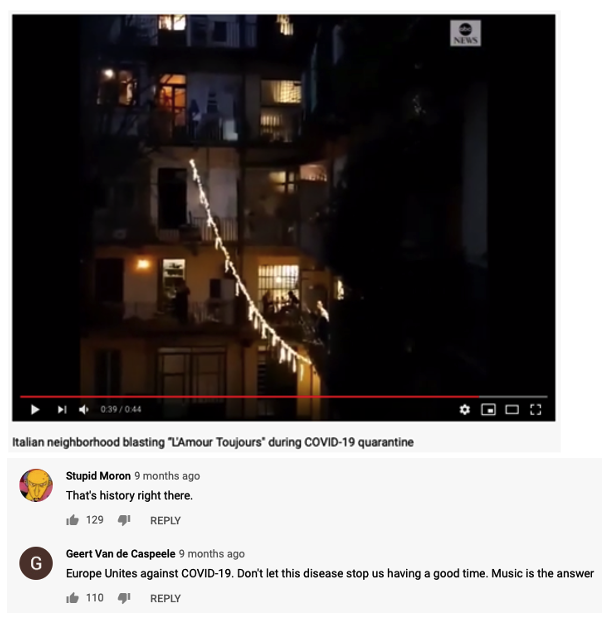
The return to Eurodance seems almost odd at a time when countries, like the UK, are breaking up with the European Union. And yet, the music released in 2020, by artists such as 100 gecs (xXXi_wud_nvrstøp_ÜXXx (Remix) [feat. Tommy Cash & Hannah Diamond]), Shygirl (SIREN) and Smerz (I don’t talk about that much/ Hva hvis) shows clear elements of Eurodance, Euphoria and Trance. However, it seems more repressed in its expression of, or yearning for, euphoria, which is only pertinent to 2020. Perhaps it is a yearning for going back to a Europe without frontiers. Between 1990 and 1999, millions of young people went to study abroad with EU support - and communication had only just started to change through mobile phones and the internet.
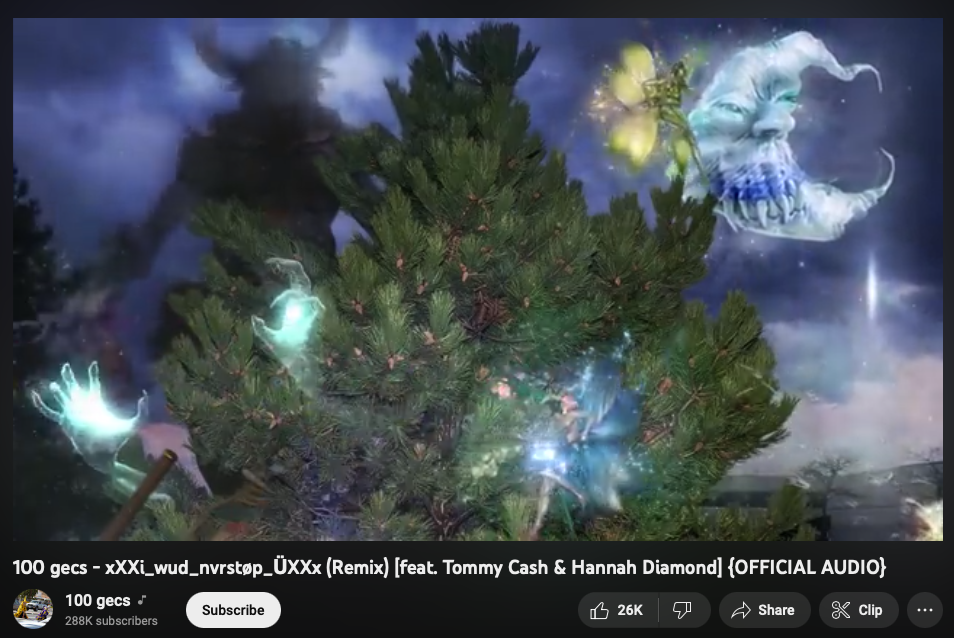
Europe’s open borders might have also been the reason for the diversity observed in Euphoria and Eurodance bands in Europe at the time. While 2 UNLIMITED are Dutch, both, the rapper, Raymond Slijngaard, and the singer, Anja Doth, have Surinamese roots. The Italian band with the foreshadowing viral name, Corona, were fronted by Olga de Souza, who has Brazilian heritage. Of course the diversity of European Eurodance bands points to a past of colonial extraction, but it also speaks of an embracing of Europe as a place of constant free movement. The Europe of the 90s was limitless; feelings of unity were commonplace. Testament for this is arguably that many Wikipedia entries of Eurodance songs from that time simply state “Europe” as their place of origin.
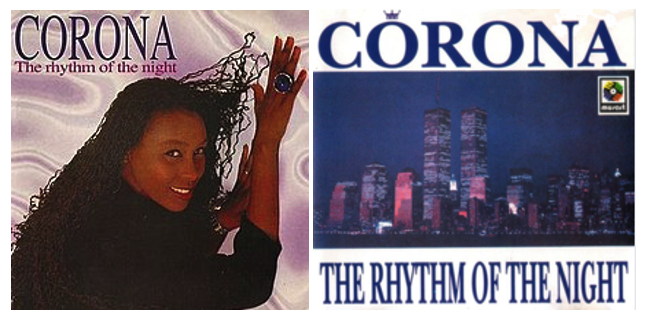
From looking at the music genres, Eurodance and Euphoria in the 90s, we have now come to a point where we can try and examine the identity dysphoria, the “United” Kingdom is experiencing as part of the EU. Rather than embracing open borders, the UK is closing its borders. It is becoming singular. No longer with soft, fluid edges, and welcoming arms to its neighbours, it is burying itself in itself. While this might sound harsh, it is most certainly escapist of the UK to leave the EU rather than to embrace difference. The UK is not standing outside of itself, whilst being one with the countries around it. It is not transcending its national borders to overcome physical fears, but instead going down the route of building walls – detaching itself from the main lang in the most passive and passé way. When I say the UK, I mean those who voted to leave. I mean those who got French passports through their mothers or fathers, so that their children could still travel without hardship. I mean those who say one rule for all and another rule for them. I mean the escapists, who will escape this earth before those who have voted to stay. Because those Brits have voted to leave the EU, the rest of the UK had to follow.
They are dancing on their own. Auf der Stelle. Static. Tänzelnd. Wearing blinkers, arms crossed. Blinded by the thrusting light of Tory rhetoric.
In times like these, in which many of us feel once more defeated, powerless, in despair or enraged, the pursuit of unity and euphoria is radical. Where ignorance and fear prevail, collective joy is radical. Euphorically hanging on to the values of the EU of freedom of movement, unity and justice without internal borders, is not only a form of resistance but also a form of protest. It seeks to promote solidarity among its neighbours through collective, ecstatic experiences.

The UK may have left the EU, but the UK citizens have not left their neighbours, friends, lovers...
"Euphoria" as a music genre:
By the end of the 90s, Eurodance, had advanced to the Trance-like music genre, “Euphoria”, which mainly differed to Eurodance songs by its lack of vocals. For instance, the typical combination of female singer and male rapper had been dropped altogether. A compilation of albums with the same name, “EUPHORIA”, debuted in 1999, and, included tracks like “Meet Me At The Love Parade (Nalin & Kane Mix)” by Da Hool, “Insomnia (Moody Mix)” by Faithless, and, “The Age Of Love (Paul van Dyk Love of Ages Mix)” by The Age Of Love.
